I've found my strategy soulmate in Cataclismo, the new Starcraft-Lego mashup that proves defending is way more fun than attacking
I've spent years turtling in strategy games, but Hooded Horses latest title is the first time I've felt encouraged to do so
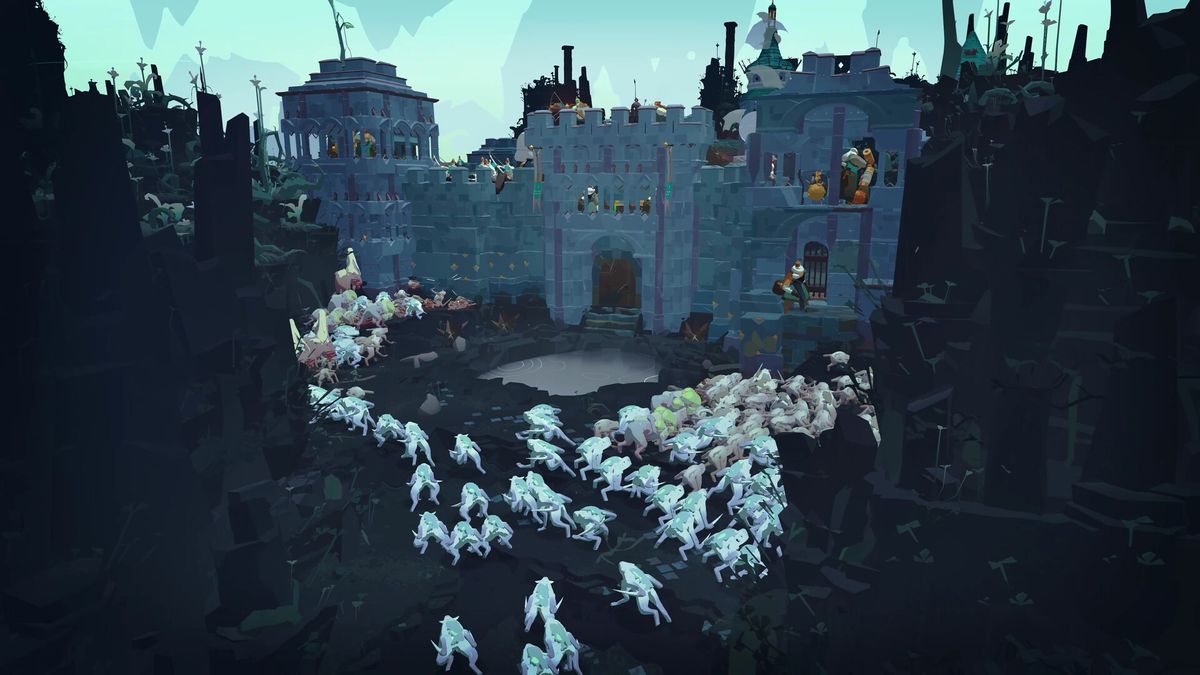
"It's not about winning, it's about having fun" is a phrase usually reserved for consoling children who lose every game at their school's Sports Day. But it's also painfully apt when it comes to turtling, a term which refers to building impenetrable defenses in real-time strategy games. It's my favorite tactic, but it's not the most effective – I could watch waves of attackers crash against walls forever, but actually beating your opponent requires leaving home comforts behind to go on the offensive.
But Cataclismo, the latest title to launch under strategy publisher Hooded Horse's watchful eye, puts an end to that nonsense. An RTS game that feels equal parts Starcraft, Lego, and tower defense, Cataclismo hasn't just stolen my heart – it's built a 50-foot wall around it and dared me to take it back.
Castles under the hammer
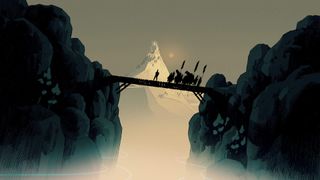
In Cataclismo, most of the world has been overrun by Horrors – mutated, shambling beasts that lurk in the ruins of a once-proud civilization. As the last bastion of humanity, it's your job to try and reclaim some of these lands from the Horrors, building up settlements capable of withstanding seemingly endless assaults.
Each scenario – whether it's a campaign level or Cataclismo's moreish endless mode – revolves around a day-night cycle. By day, the game is more of a base management sim. You'll place drag-and-drop buildings that support your economy – houses for citizens, quarries and sawmills for construction materials, barracks to recruit soldiers – whilst your walls are placed brick by brick. There are occasional probing attacks to weather, but these defenses aren't truly tested until night – when waves of Horrors attack en masse.
When the sun goes down, Cataclismo shifts gears and becomes a full-on RTS tower defense. You're told exactly where Horrors will attack from, but they'll usually pour in from several points at once, and actually stopping them is easier said than done.
Cataclismo's brick-by-brick building system is more intricate than any other RTS I've played. Stone is used to build walls and towers, while wood is flimsy and best used for stairs and walkways – the equivalent of stacking dirt to reach something in Minecraft. Verticality plays a big part in everything: a 'toughness' meter gives structures more health the higher they're built, which is visually represented by walls changing from shabby cobblestone to gleaming white brick as they get taller. Additionally, certain units like archers gain damage boosts from having a sizable height advantage over their targets, while others – such as artillery units and grenade-chucking Lobbers – work best at just a few meters off the ground.
As a result, I've had to put a lot of thought into base-building. My first plan, to build a towering single row of stone and whack everyone on top, fell apart when I realized that Horrors could tear through it like paper and it was too thin for soldiers to maneuver on. Since then, I've started doubling up on wall depth, whilst adding stone overhangs at the top so I can cram on Merlons – which give units behind them more range – and stations for archers to light their arrows on fire. Roofs have been built to shelter everyone from rain, improving their accuracy, while windows closer to the ground let my Lobbers and Cannoneers blast Horrors at their optimal range. It's ugly, but effective: imagine if Gondor's structural architecture was handled by a toddler, and you'll have a pretty good picture of my setup. Slowly iterating shabby fences into imposing ramparts has been wildly satisfying though, especially when I get to sit back and watch hundreds of Horrors crash and die against my medieval not-quite masterpiece.
Sign up to the 12DOVE Newsletter
Weekly digests, tales from the communities you love, and more
On guard
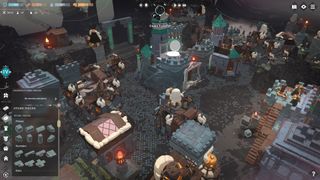
I've always found playing defensively to be far more fun than attacking. In my first foray into strategy, Lord of the Rings: Battle for Middle-Earth 2, I'd spend hours in custom matches with AI, holding the walls of Minas Tirith from waves of orcs and goblins. Some of my fondest memories in the Total War series are winning impossible siege battles – from a few veteran praetorians holding the gates of Rome in the historical side, or rows of Dwarf Thunderers shooting down thousands of zombies in Warhammer's, er, not-so-historical entries.
Elsewhere, my favorite missions in turn-based games are the ones that give you an objective to defend against overwhelming odds – like that stupidly fun Avenger Defense mission in XCOM 2, or fighting a hopeless battle to hold Garreg Mach monastery in Fire Emblem: Three Houses.
Why? Perhaps it's more interesting because the stakes are higher: I'm fighting to save something, rather than tear it down. More tangibly, there's also something incredible about watching the attacker's superior numbers dwindle as they're peppered by ranged fire and forced through chokepoints. From a design perspective, these sorts of scenarios certainly push players to be more creative, as you've got to turn to environmental features like terrain and traps to find advantages – whereas as a besieging army, for example, these are annoying hindrances to overcome.
Perhaps it's none of these reasons that make me a sucker for security. In another life I may have been a 10th century mason, spending my days stacking bricks and gleefully building the perfect balistraria before dying of plague at the ripe old age of 23. But as even the best strategy games have broadly shifted from tightly-crafted single-player missions to open-ended sandbox campaigns, and nearly every multiplayer mode revolves around smashing your opponent to bits as quickly as possible, I find myself scratching that defensive itch less often.
It's a relief, then, but Cataclismo has entered my life to tell me that it's right and good to stay in my base forever, to shirk 90% of the map in favor of home comforts. It's not about winning, it's about having fun? That still holds true, sure – but Cataclismo lets me have my base and keep it too.
Check out our Cataclismo review to see what we think of the Early Access game

Andy Brown is the Features Editor of Gamesradar+, and joined the site in June 2024. Before arriving here, Andy earned a degree in Journalism and wrote about games and music at NME, all while trying (and failing) to hide a crippling obsession with strategy games. When he’s not bossing soldiers around in Total War, Andy can usually be found cleaning up after his chaotic husky Teemo, lost in a massive RPG, or diving into the latest soulslike – and writing about it for your amusement.
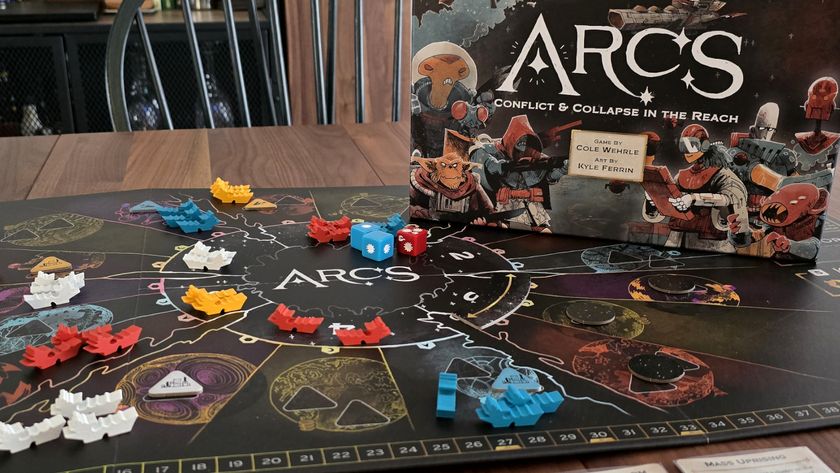
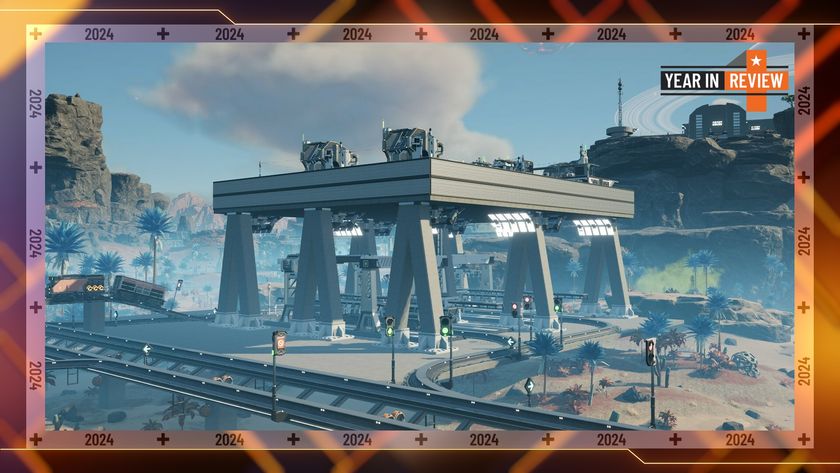
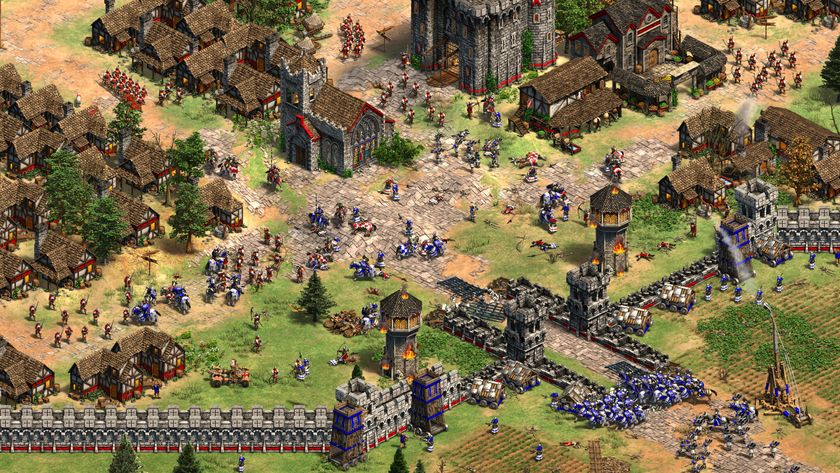
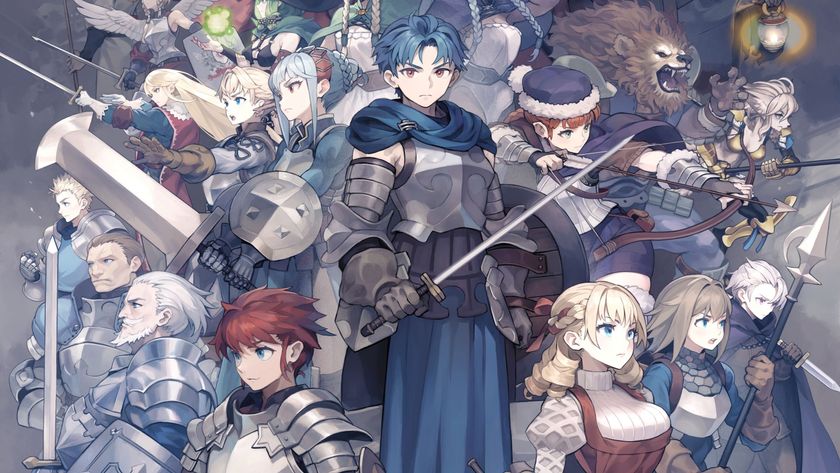

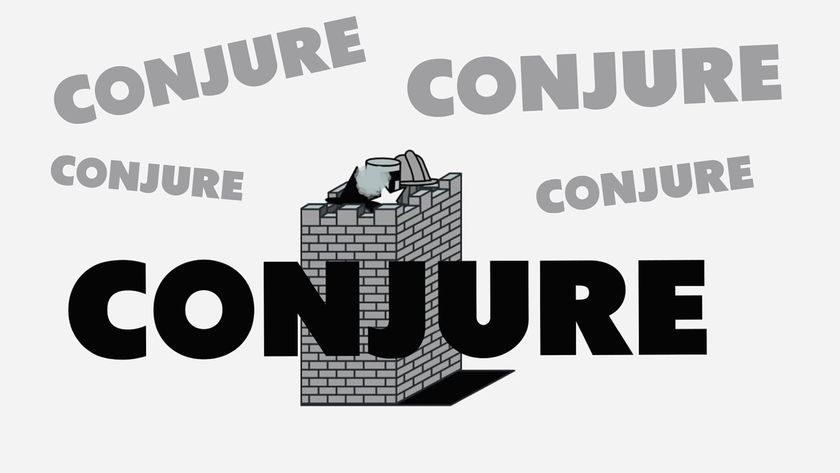
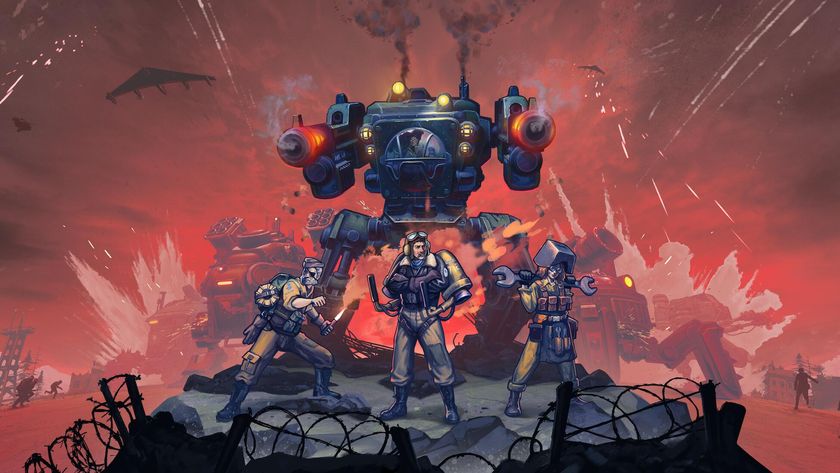


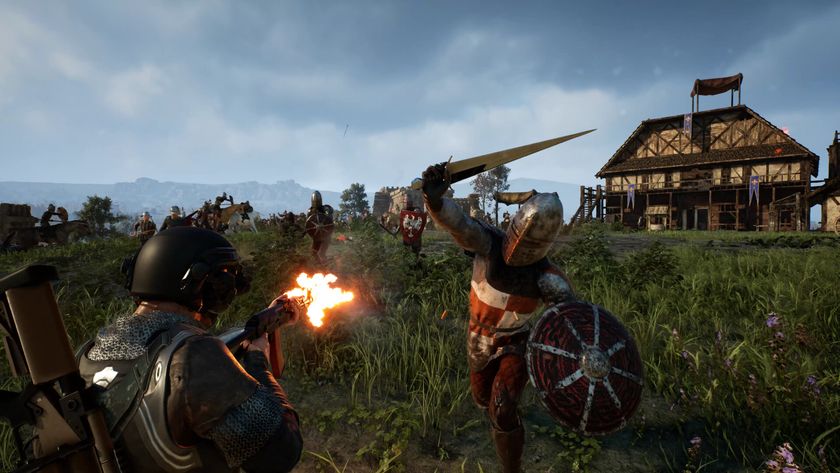









This roguelike strategy game puts you in charge of a dieselpunk alt-WW2 mech squad, and its Steam Next Fest demo is wonderfully bite-sized

EA is "releasing the fully recovered source code" for 4 classic Command & Conquer titles, and it's the best thing a major publisher can do for game preservation




